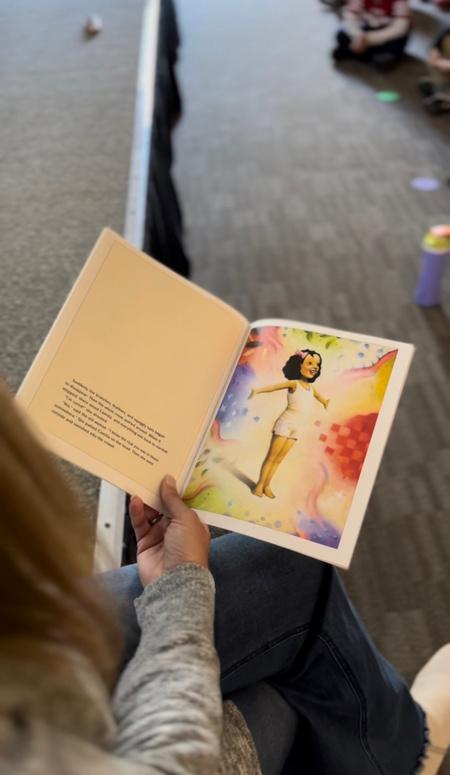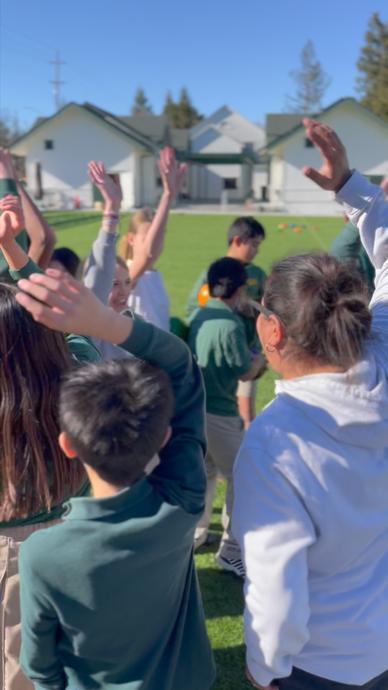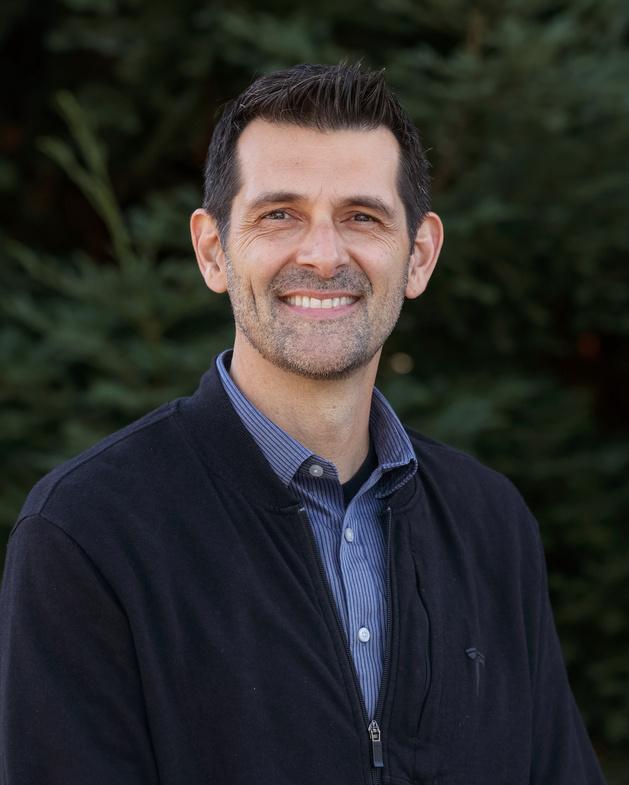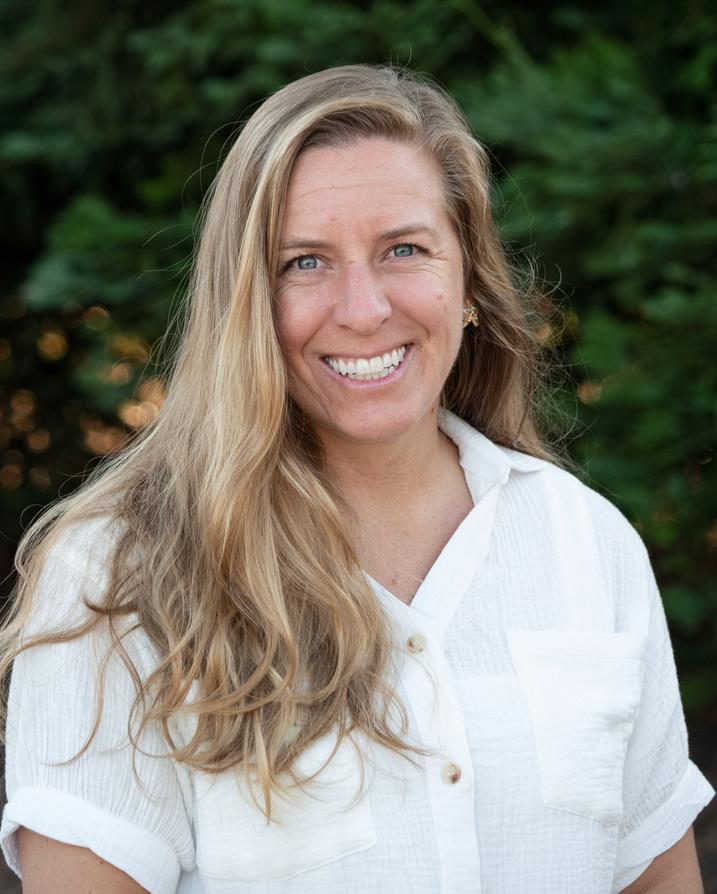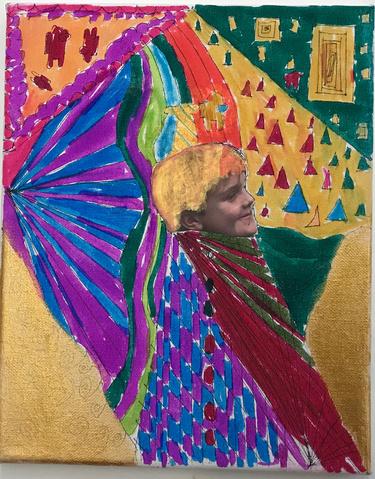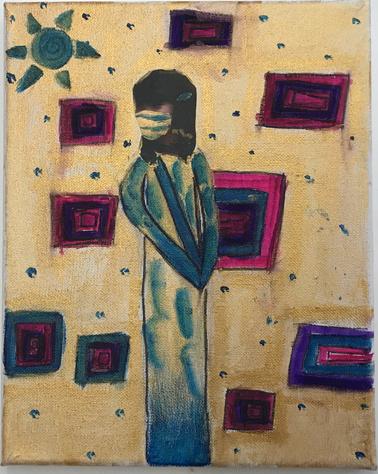A Note from Scott Riches

The close of 2022 and the start of the new year was marked not only by the festivities of the holiday season, but also by our vibrant all-school celebration of the Lunar New Year. I am thrilled that we were able to come together and celebrate this important cultural occasion with one another. The Pinewood community fills me with gratitude, and I know we will continue to inspire and uplift each other as we embark on 2023.


What's Inside
Empowering Students Through SEL

Learn how Pinewood helps students manage emotions, build relationships, and develop empathy, page 4

Nurturing Character In and Out of the Classroom Developing character in our students extends beyond SEL curriculum, page 6 and so much more...
Lower Campus students build social and emotional skills with the help of their Kimochi friends.
 Scott Riches, President and Head of School
Scott Riches, President and Head of School
AP Spanish students visited SFMOMA in November to view the Diego Rivera exhibit as part of their beauty and aesthetics curriculum. They explored the museum and later focused on a specific Rivera painting of their choice, analyzing it in Spanish according to class guidelines.
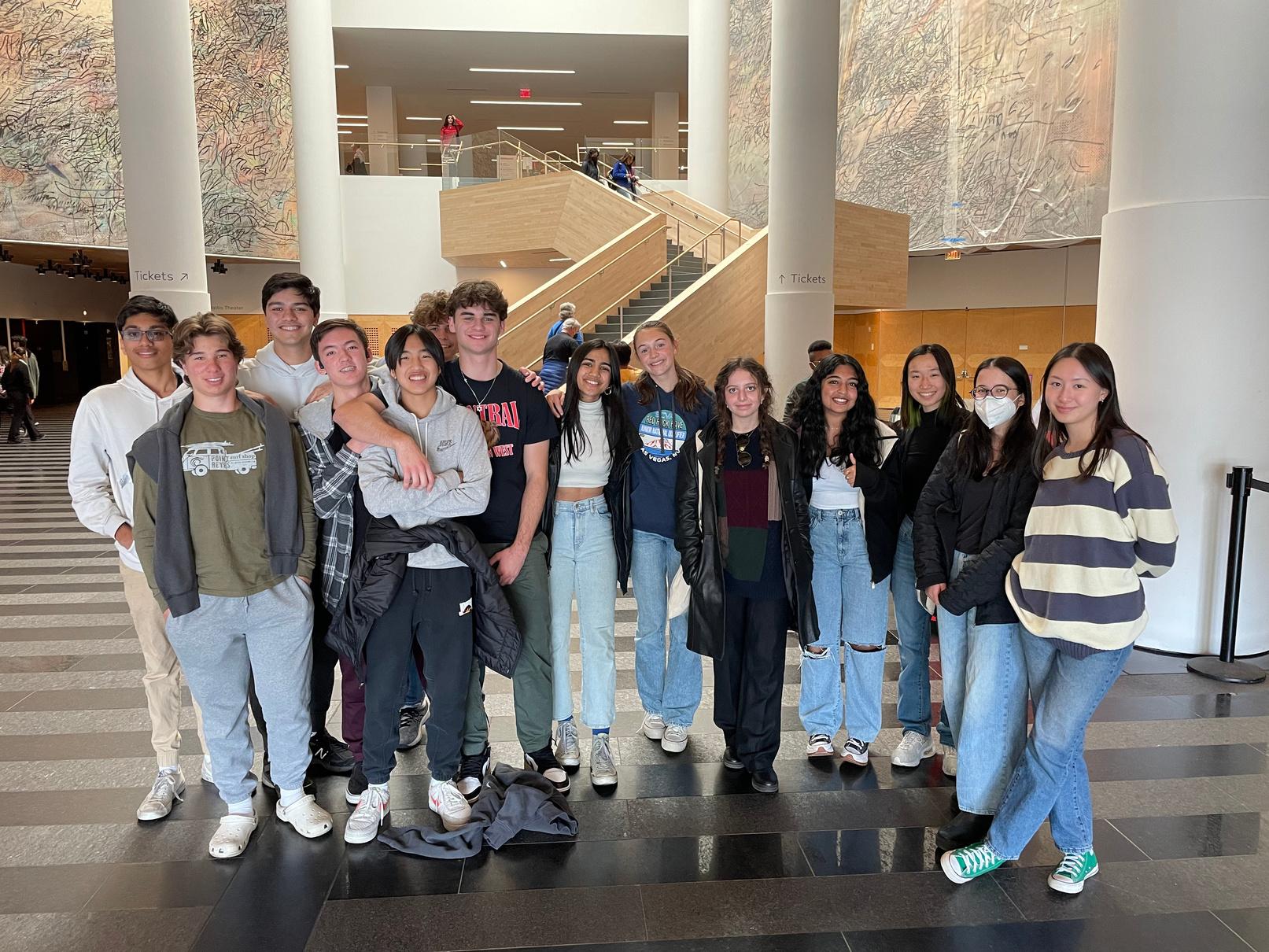
Kindergarteners performed festive songs for their families at their Holiday Sing in December.
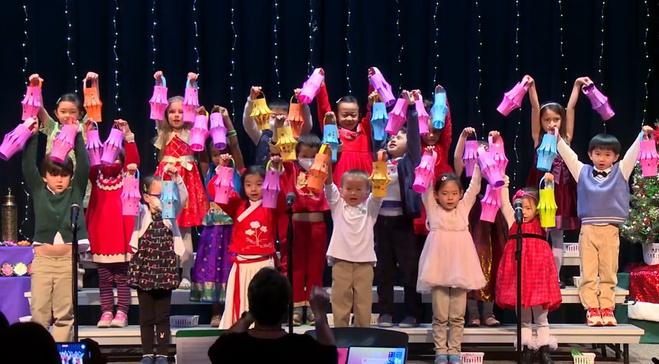
At their annual flea market, 6th graders sold second-hand items to raise funds for their end-of-year Disneyland trip.

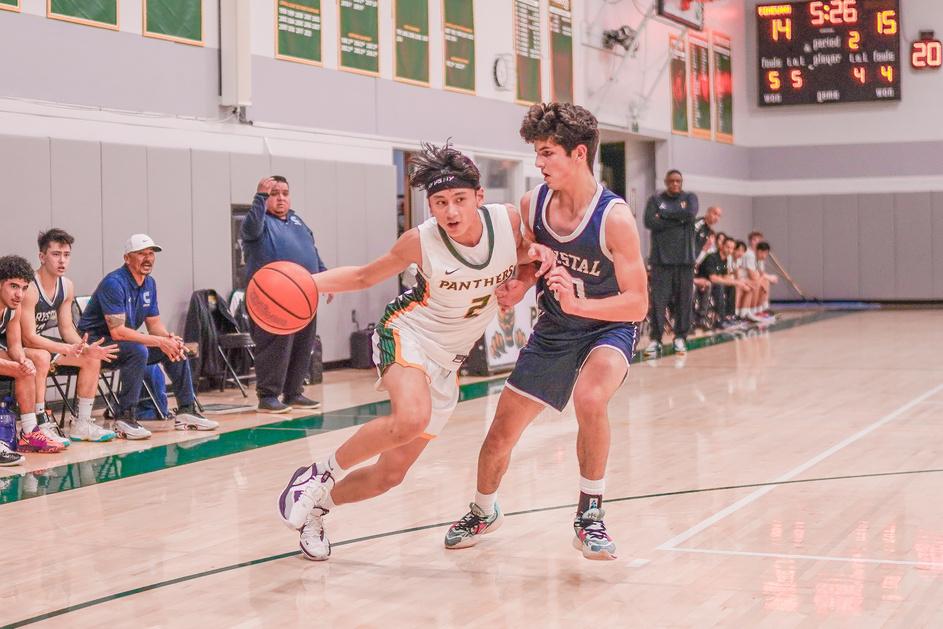


Ava U. ‘23 celebrated an "and-one finish" for the girls varsity basketball team. This moment was Assistant Head of Upper Campus Haley Hemm's moment of Panther Pride for the month of January.
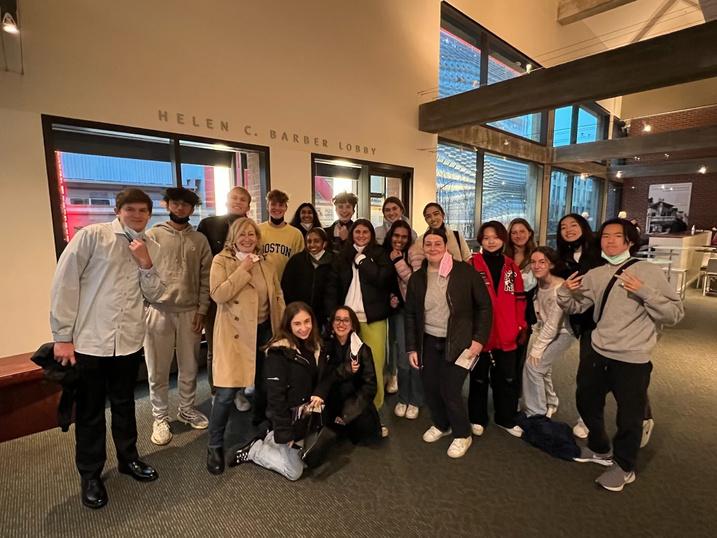
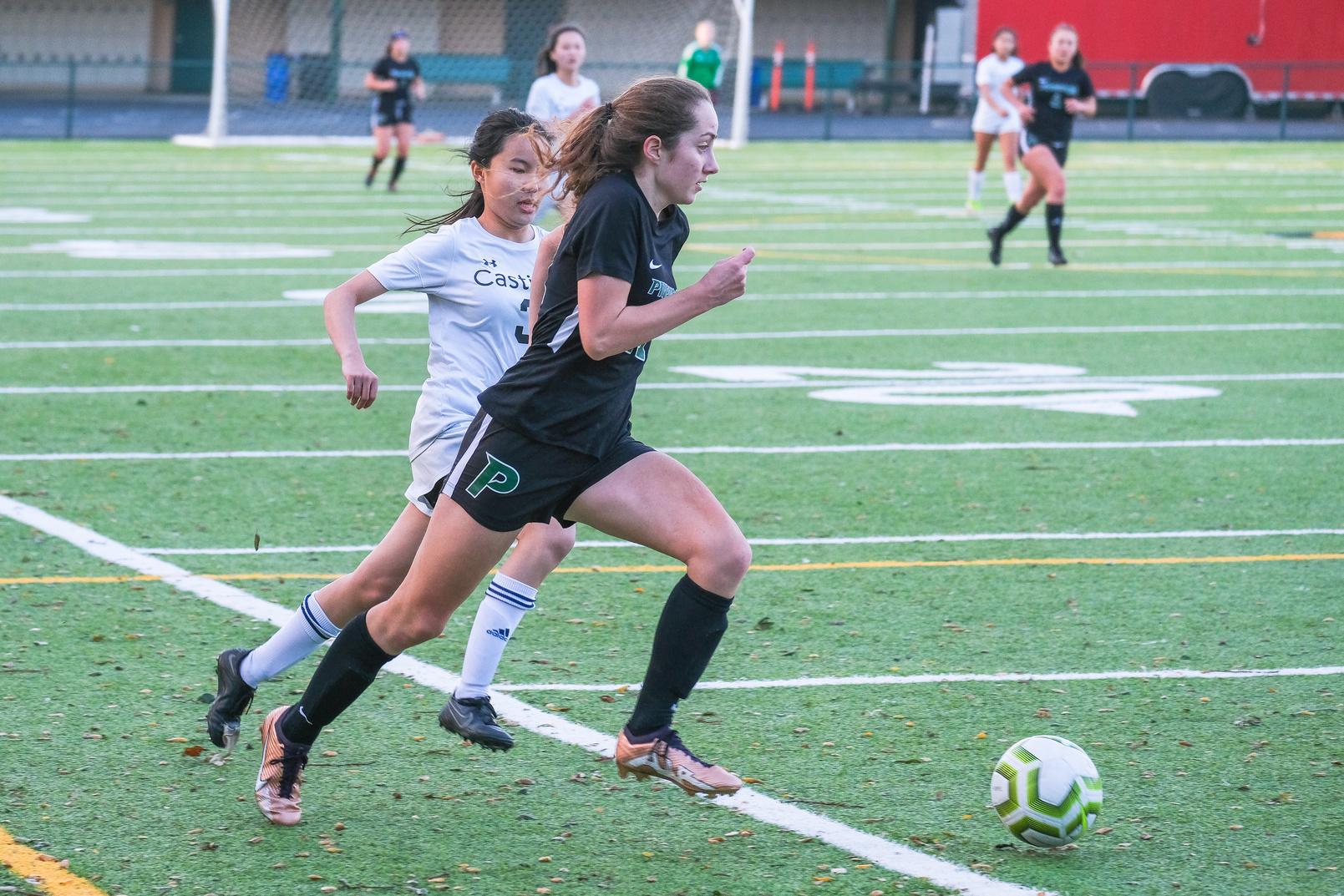
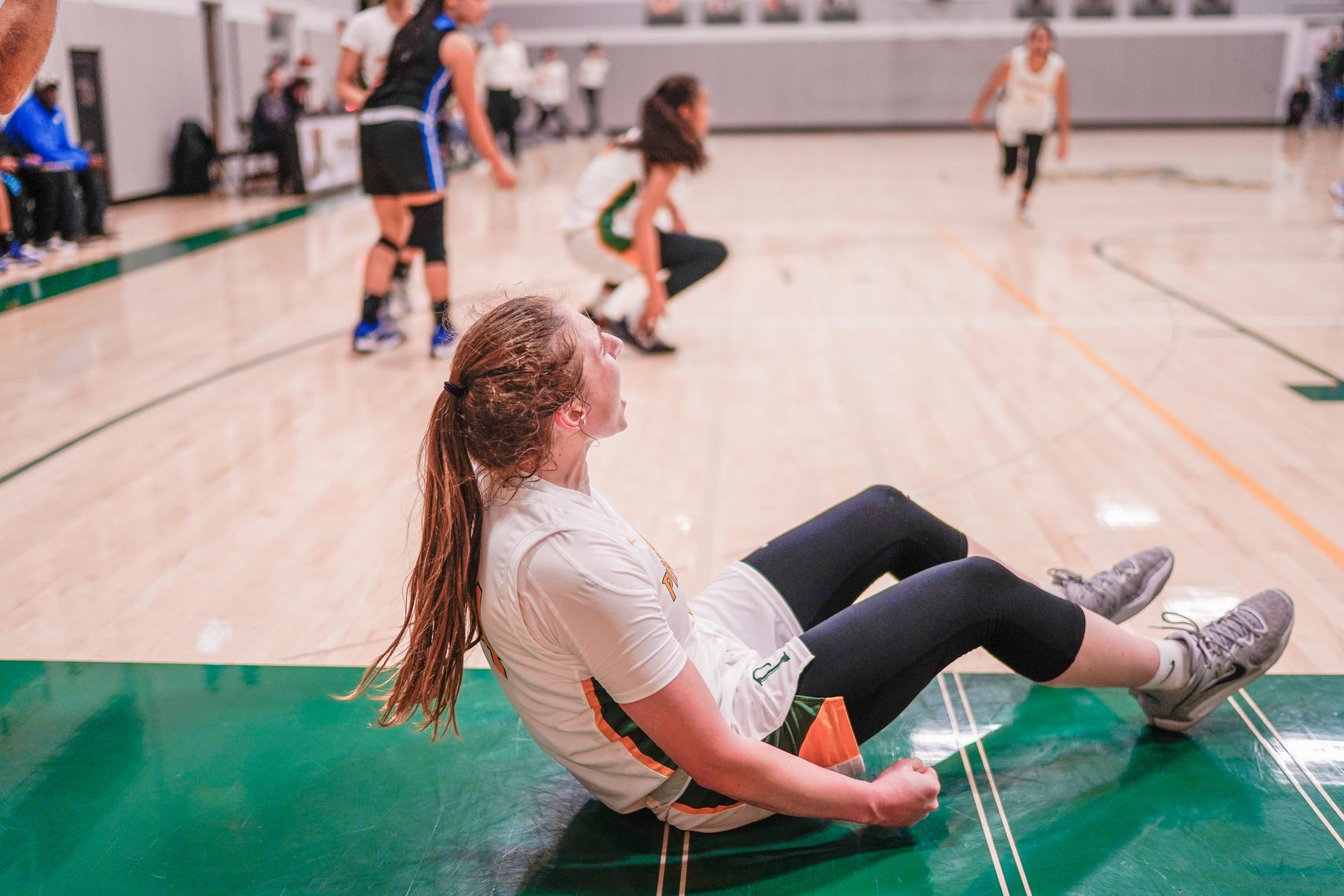

Read more on page 9.
AP English Literature experienced art come to life when attending Wise Children’s production of Wuthering Heights at the Berkeley Repertory Theatre in December. Transforming Emily Bronte’s 1848 novel into an unlikely (and at times brilliantly comical) musical, the students witnessed the power of interpretation to transform a classic into a relevant commentary on the importance of our relationship to nature and to each other, no matter our differences. >>
Students at Junior High Winter Formal enjoyed a night of dancing, laughter, and making lots of memories together.
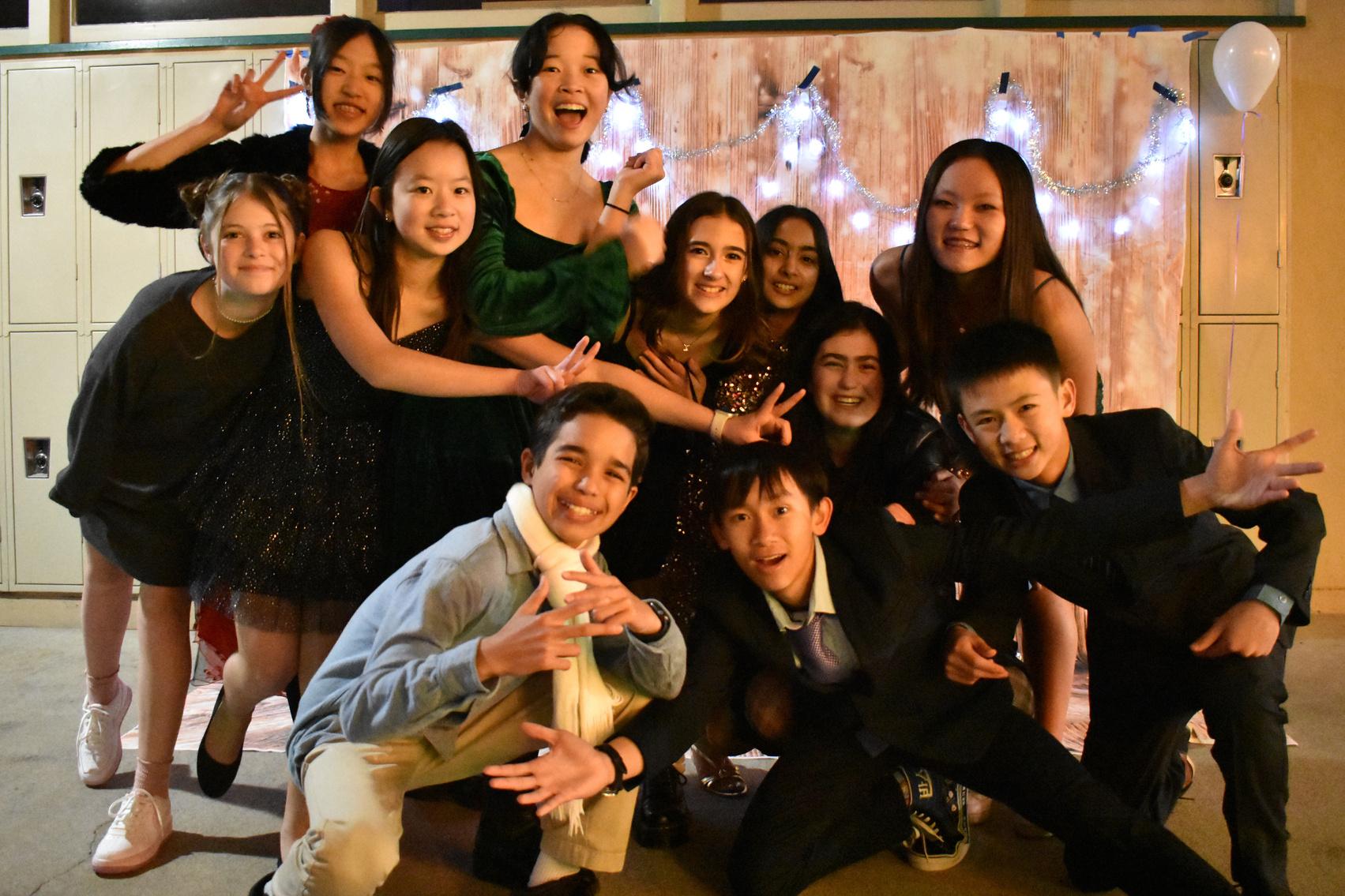
Helping students manage emotions, build relationships, and develop empathy through Pinewood's Social-Emotional Learning curriculum
At Pinewood, our students work hard in their academic and enrichment classes–as well as gather tools to help them lead emotionally and socially healthy lives. Our Social-Emotional Learning (SEL) Programs connect and build on each other across campuses and help students manage their emotions, build relationships, and develop empathy.

It all starts with Lower Campus’s Kimochis Program. “Kimochi” Japanese for “feeling” in this case are stuffed toys, each with a different personality. These different personalities help students relate to them, such as the Huggtopus who likes to hug a lot but sometimes can get a little too loud and struggle with boundaries. Every week, a new lesson is presented with different feelings to work through in language arts classes Teachers tell a story with the Kimochi and students share their feelings and connect it with
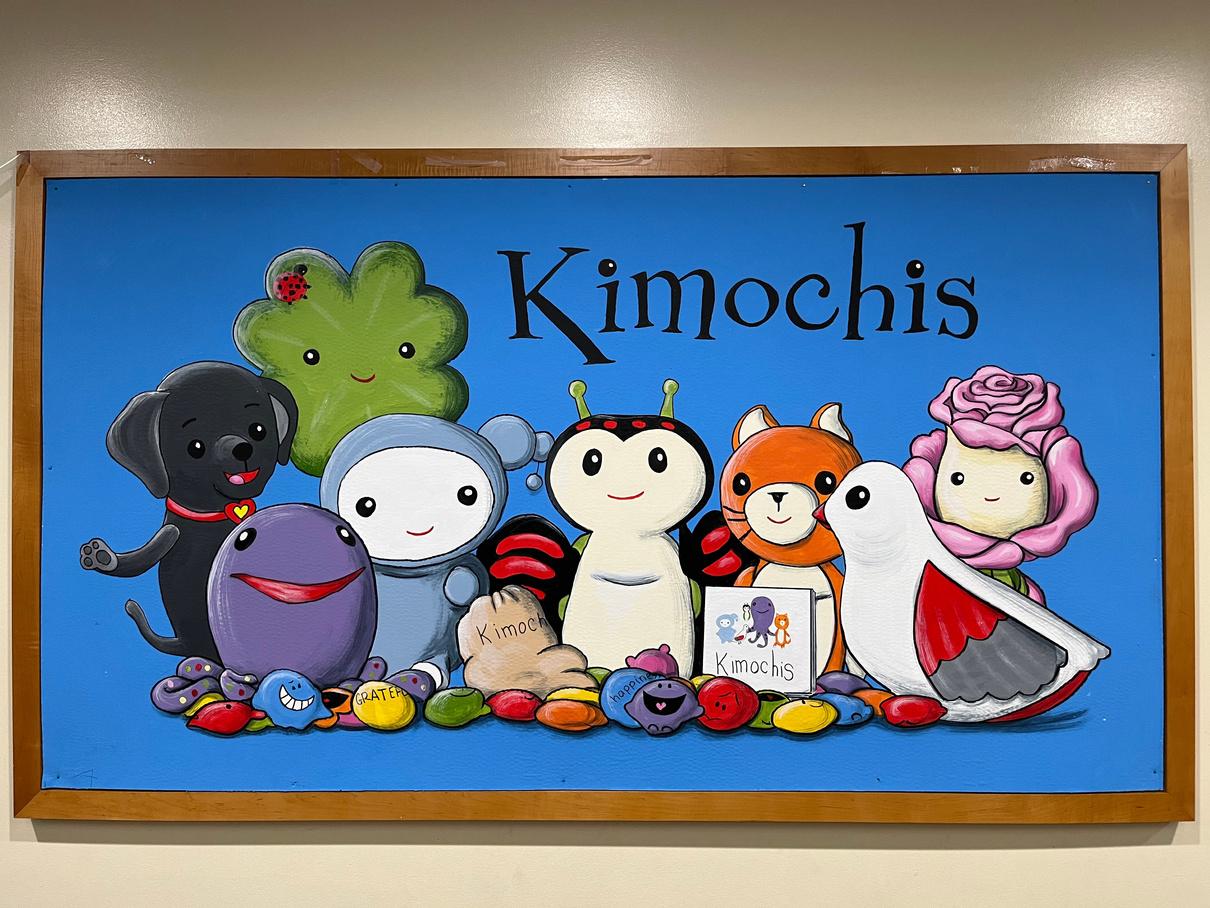
y g ! g Math and History teacher Julie Andresen, “The students truly connect with the stuffed toys–when students can attach something abstract to a feeling to something they can physically touch and name, it helps them identify and process through their emotions ” In addition, says Lower Campus Head Sarah Haun, “These friends are a part of the Lower Campus family; they show up at various activities such as Walk and Bike to School Day, lunch and recess, and even reading groups Since they are a part of the fabric of Lower Campus, the students really connect with the characters and with each of their unique personalities, identifying with some of them more than others The Kimochi program is a dynamic, age-appropriate way in which young children can learn about expressing their feelings, navigating friendships, saying, ‘I'm sorry,’ correcting a mistake, and taking responsibility. As a faculty, we are very happy with the program as it is a fun and engaging way to teach important concepts and skills that they will carry with them for the rest of their lives.”
In addition to Kimochis, students participate in other SEL activities, too Last week, for instance, students talked about the feeling of being brave and read Kevin Henkes’ Sheila Rae the Brave. The class talked about some situations in which they have to be brave, such as performing on stage, swimming lessons, or getting on a roller coaster They often learn that other students struggle managing the same emotions and learn from each other while building community. Continued on page 5 >
Continued from page 4...
The SEL work continues at Middle Campus with the Wayfinder program. Wayfinder, a program that came out of the Stanford d school, was developed with students’ needs and desires in mind to help them develop healthy habits, navigate conflict, and increase self-confidence. The Wayfinder curriculum helps give students the appropriate tools to help build a common language at Middle Campus and ultimately, support this year’s theme of “Bringing Out the Best in Each Other.” Every Friday during assemblies, students are reminded of the theme and split into grade-level specific SEL lessons. Together, students participate in solving problems in a shared space where they understand they are not alone In fact, many students realize they have a lot of company with the kinds of issues they are dealing with and are able to continuously reflect on their growth. For instance, students keep Wayfinder journals, and they often have time to write their thoughts out They can go back and look at how they felt week by week and
better to start now than when they are older and life is moving faster ”
“Many students missed out on personal development time during COVID. Now, we are helping them learn what it means to be back in school. It can be challenging, but we want to help them get to know who they are," explains Cassie Stewart, the SEL instructor for 3rd and 4th grade “It’s okay to make mistakes, and it’s important to reflect on how we are growing and evolving as students and all the things that matter.” Adds SEL Coordinator John Swift, “It helps build the foundation of self-awareness so students know what makes themselves unique–it’s
This self-awareness is a key skill that the Upper Campus SEL curriculum focuses on. Implemented during Advisory period every Tuesday, students use Wayfinder and Waypoints to help them reflect on their purpose and belonging The period begins with a Waypoints check-in based on the six core SEL skills: adaptability, agency, collaboration, empathy, purpose, and self-awareness. Each week has a different set of questions that helps students reflect on their emotions that week Every advisor has visibility into all of the student answers, which could lead to an advisor checking in or changing a lesson plan to adapt to the needs of the group. “I feel that it has been an effective tool for growing myself as an individual, as opposed to always contributing to a larger group,” observes sophomore Jamie B. “You truly get out of it what you put in; the more you choose to challenge yourself, the more you will benefit from the program ”
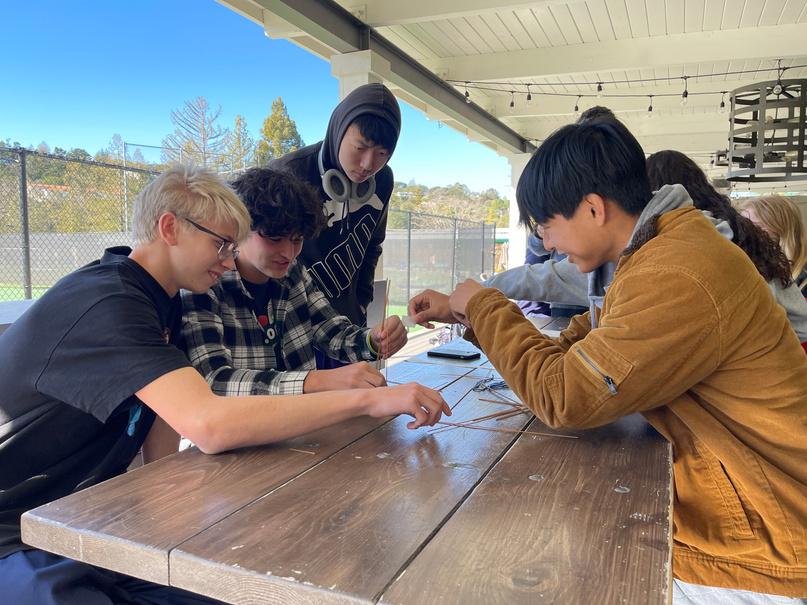
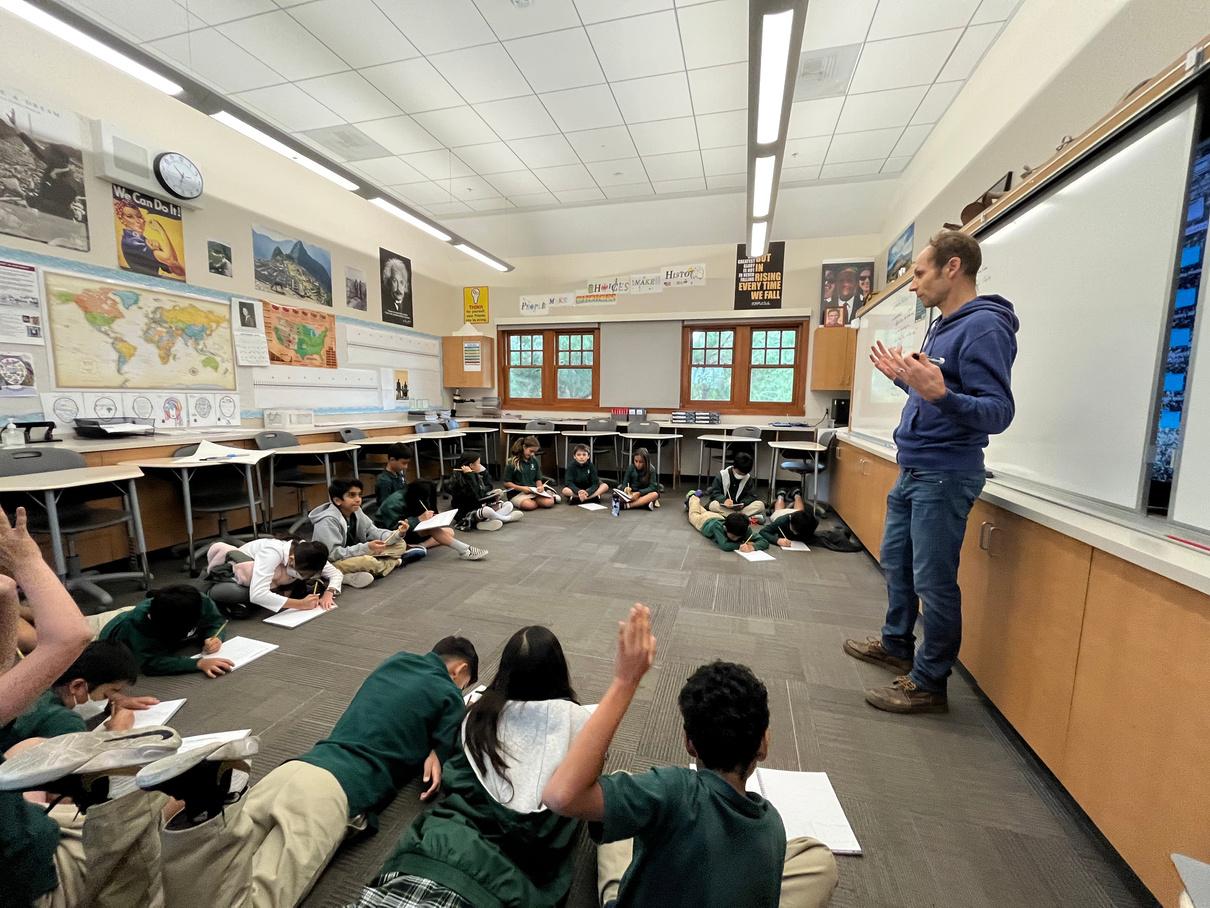
The Upper Campus SEL curriculum also includes assemblies and workshops by the YWCA. Last fall, grade level assemblies included the topics of bullying, cybersafety, safe bystander intervention, self-care, gender roles, and sexual assault prevention The second semester will include more in-depth workshops to follow up on these initial topics.
“Students get this curriculum from 7th to 12th grade so by the time they leave Pinewood, they can carry these skills to find belonging and purpose wherever they choose to go next,” explains Assistant Head of Upper Campus Haley Hemm. “Ultimately, working together, our SEL programs improve not only student well-being, but contribute to our overall community–what Pinewood’s all about ” •

